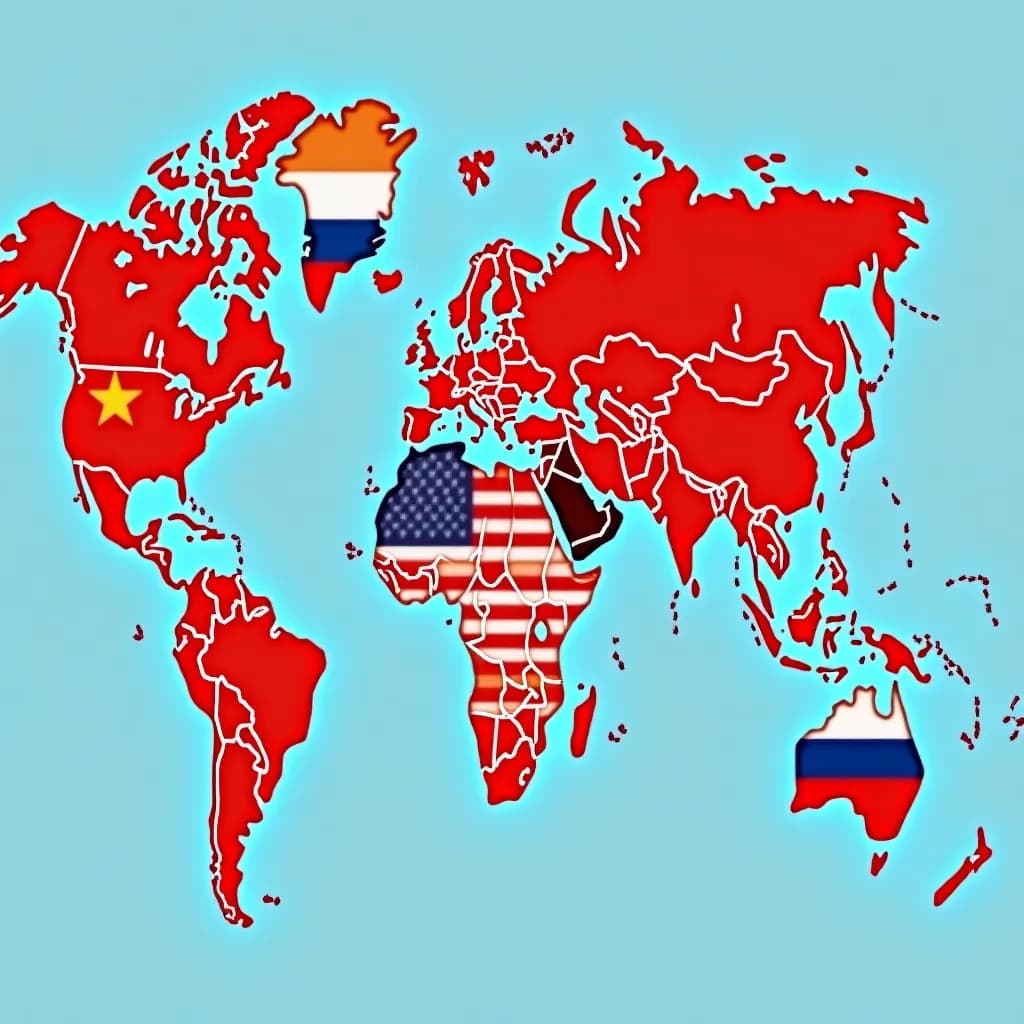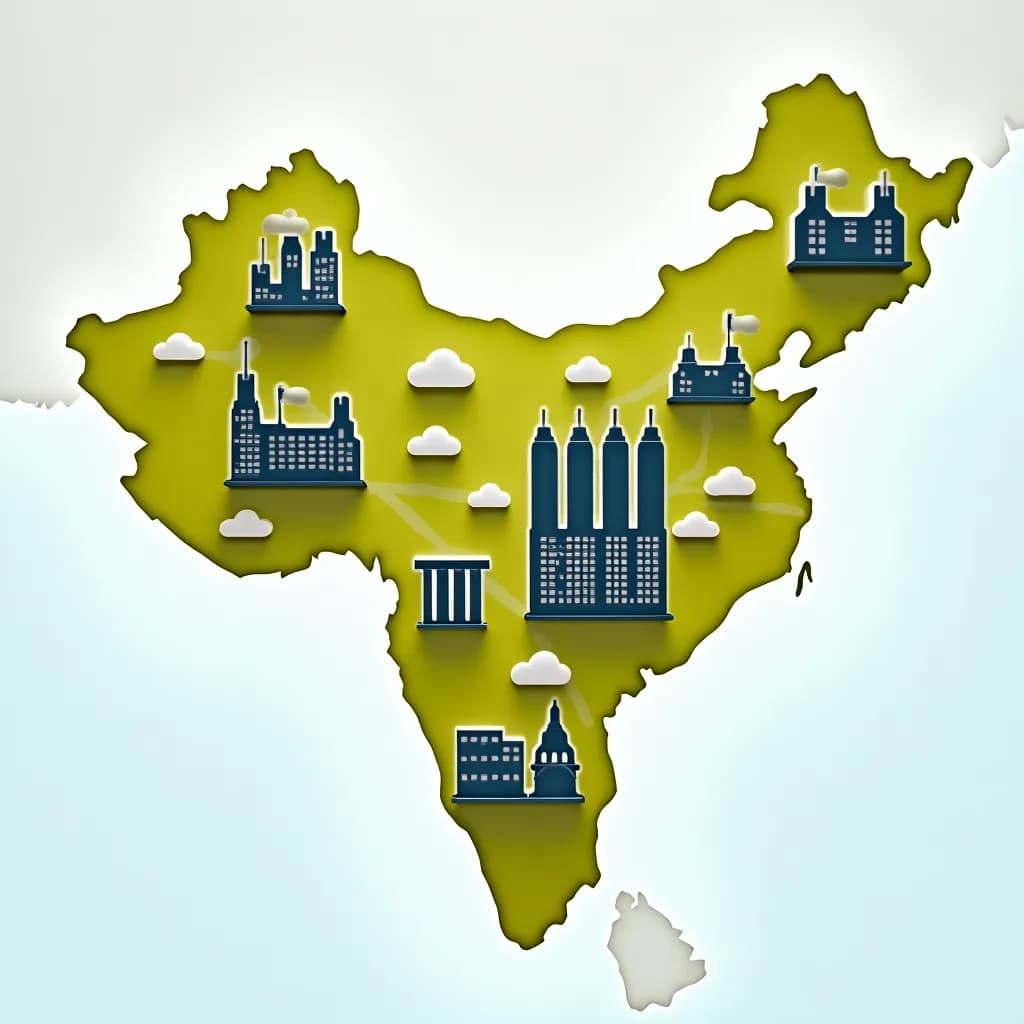Russian Oligarchs in the 90s and Their Parallels to Greek Oligarchs in 2019
The rise of oligarchic power in post-Soviet Russia during the 1990s and the dominance of Greek oligarchs in the late 2010s share striking similarities. Both cases illustrate how business magnates leveraged political instability, economic crises, and state-controlled assets to consolidate wealth and power—eventually influencing or even dictating national governance.
While the Russian oligarchs emerged from the chaotic collapse of the Soviet Union, Greece’s oligarchy thrived under the financial turmoil following the 2008 debt crisis and the subsequent political battles between Syriza (2015-2019) and Nea Dimokratia (2019-present). This article explores the historical similarities and structural mechanisms that allowed oligarchs in both countries to shape politics, control media, and maintain their dominance.
1. Oligarchs as Kingmakers: From Yeltsin-Putin to Marinakis-Mitsotakis
One of the most significant patterns seen in both cases is the oligarchic sponsorship of political leaders who, in turn, protected and expanded their wealth.
Russia: Oligarchs Backing Political Power
- During Boris Yeltsin’s presidency (1991-1999), Russian oligarchs such as Boris Berezovsky, Roman Abramovich, and Mikhail Khodorkovsky acquired vast fortunes by privatizing state assets—oil, metals, and heavy industry.
- These oligarchs were directly involved in financing Yeltsin’s re-election in 1996, using their media empires to boost his popularity and destroy opposition candidates.
- However, once Vladimir Putin took power in 2000, he reversed the power dynamic, using the state’s security apparatus to either force oligarchs into submission (Abramovich, Deripaska) or exile/jail them (Berezovsky, Khodorkovsky).
Greece: Oligarchs Securing Political Control
- During the 2010s, Greek oligarchs like Evangelos Marinakis, Vangelis Mytilineos, and the Latsis family played an increasingly dominant role in politics.
- The 2015-2019 Syriza government under Alexis Tsipras attempted to challenge this system by limiting corporate influence and controlling media manipulation.
- However, by 2019, Nea Dimokratia’s return to power under Kyriakos Mitsotakis was heavily backed by business elites, with Marinakis, Alafouzos, and others using their media empires to attack Syriza and promote Nea Dimokratia’s pro-business policies.
- Unlike Russia, where Putin ultimately controlled the oligarchs, Mitsotakis appears to be dependent on them, balancing competing interests rather than ruling over them.
2. Media Control as a Weapon of Power
In both cases, oligarchs used media networks as political weapons—either to prop up friendly politicians or to destroy opponents.
Russia: Media Moguls and Political Survival
- Oligarchs in the 1990s controlled nearly all major media outlets. Berezovsky, Abramovich, and Gusinsky used their networks to influence public opinion, ensuring that opposition figures were marginalized.
- When Putin consolidated power, he forced oligarchs to hand over their media empires or face exile. Today, most Russian mainstream media is state-controlled or owned by oligarchs who are fully loyal to Putin.
Greece: The Battle for Media Dominance
- Greek oligarchs control nearly all mainstream media, influencing elections and public discourse.
- Evangelos Marinakis, a shipping tycoon and owner of Olympiacos and Nottingham Forest, owns Mega Channel and Ta Nea, which played a crucial role in shaping the public’s perception of Nea Dimokratia and undermining Syriza.
- Mitsotakis’ government has been accused of silencing opposition media through financial pressure, particularly against outlets like Documento and Efimerida ton Syntakton, which reported on corruption scandals.
- Unlike Russia, where independent journalists face physical threats or exile, in Greece, character assassination, financial pressure, and lawsuits are used to suppress dissent.
3. Privatization and Oligarchic Expansion
The oligarchs in both Russia and Greece amassed their wealth through state privatization deals, often acquiring assets at below-market prices through political connections.
Russia: The Great Privatization Heist
- In the 1990s, the Yeltsin government privatized state-owned industries, allowing oligarchs to buy entire oil and gas companies for a fraction of their real value.
- This led to the rise of “state-dependent capitalists”—wealthy individuals whose fortunes were entirely tied to government favoritism rather than genuine market competition.
Greece: Selling State Assets to Private Elites
- Following the 2008 financial crisis and the EU-imposed austerity measures, Greece was forced to sell off major state assets to reduce debt.
- The privatization of electricity, ports, and public infrastructure disproportionately benefited a small circle of Greek oligarchs, including the Mytilineos Group, TERNA, and the Latsis family.
- In construction, major state contracts for roads and bridges were funneled to 3-4 dominant companies, often linked to political figures.
4. Surveillance, Corruption, and Mafia Ties
Both Russia and Greece have deep connections between government officials, intelligence agencies, and organized crime.
Russia: State-Mafia Fusion
- Under Putin, Russian intelligence (FSB) works closely with oligarchs and criminal groups, ensuring that the Kremlin maintains control over both legal and illicit economic activities.
- The assassination of opposition figures (e.g., Boris Nemtsov) and exile of certain oligarchs reflect a mafia-state dynamic where political loyalty determines survival.
Greece: Wiretapping and Mafia Killings
- Mitsotakis’ government was caught in a massive wiretapping scandal, using Israeli-made Pegasus spyware to spy on opposition figures, journalists, and even members of his own party.
- Mafia-style killings occur regularly in Greece, particularly within the nightlife, smuggling, and gas station industries—often with little investigation or arrests.
- Unlike Russia, where Putin controls the mafia, in Greece, there appears to be regional criminal networks operating independently, but under political protection.
5. Foreign Influence: The Israel & UAE Connection
Both Russia and Greece have strong ties to Israeli intelligence firms and billionaires, which play a role in cyber-surveillance, business investments, and real estate takeovers.
- Israel & Russia: Oligarchs like Abramovich and Deripaska had deep business ties to Israel, using it as a safe-haven for assets.
- Israel & Greece:
- Israeli billionaires have been buying large amounts of Greek real estate, particularly in Athens and Thessaloniki.
- The Greek government used Pegasus spyware, an Israeli cyber-surveillance tool, to spy on political enemies.
This suggests that Israel serves as a key player in intelligence and business operations within both Russian and Greek oligarchic systems.
Conclusion: Greece’s Oligarchic Future
While Russia’s oligarchs were eventually tamed by Putin, Greek oligarchs remain highly influential, potentially more powerful than the government itself. Mitsotakis is not an all-powerful figure like Putin, but rather a broker of power between different elite factions.
As Greece moves further toward an oligarch-controlled mafia state, the key question remains: Will Mitsotakis consolidate control over the oligarchs, or will they ultimately control him?
What do you think—does Greece’s oligarchy resemble Russia’s 1990s, or is it heading toward a different kind of authoritarian model?









